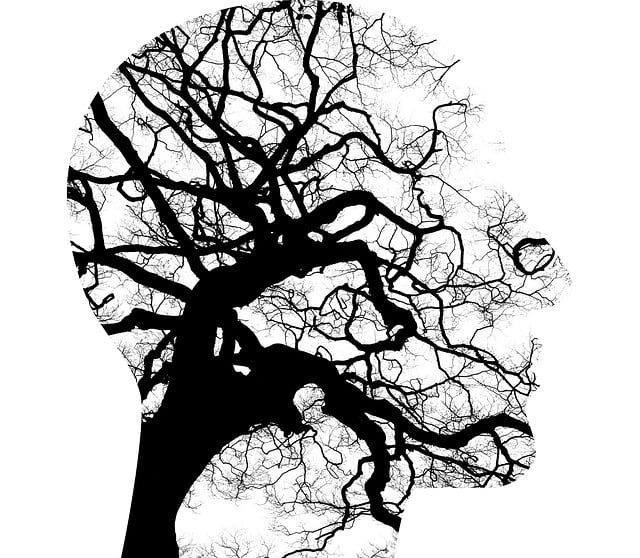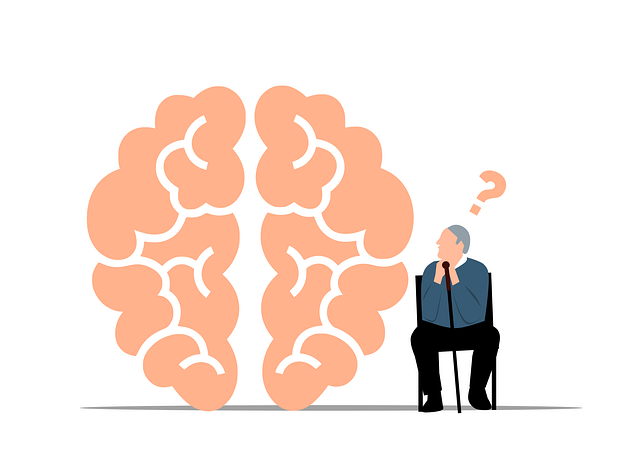In Colorado Springs, cultural sensitivity is paramount for effective suicide prevention therapy due to the city's diverse population. Mental health professionals must address language barriers, combat stereotypes, and unconscious biases through specialized training in cultural competency. Strategies like Compassion Cultivation, coupled with policy advocacy and inclusive practices, ensure services are accessible and responsive to various communities, promoting mental health equity in Colorado Springs.
In the diverse landscape of Colorado Springs, navigating cultural sensitivity in mental healthcare is paramount. This article explores the intricate dynamics of providing culturally competent care, addressing challenges unique to this region. We delve into strategies that enhance suicide prevention therapy, ensuring effective support for a wide range of individuals. Understanding and integrating cultural sensitivity are key to improving patient outcomes and fostering trust within diverse communities, particularly in Colorado Springs suicide prevention efforts.
- Understanding Cultural Sensitivity in Mental Healthcare
- Challenges and Barriers in Providing Culturally Competent Care in Colorado Springs
- Strategies for Integrating Cultural Sensitivity in Suicide Prevention Therapy
Understanding Cultural Sensitivity in Mental Healthcare

In the diverse landscape of mental healthcare, cultural sensitivity is a cornerstone of effective treatment. It involves recognizing and appreciating the unique beliefs, values, and customs that shape individuals’ lives, especially those from different ethnic backgrounds or cultural groups. Cultural sensitivity in Colorado Springs suicide prevention therapy ensures that every patient receives care tailored to their specific needs, fostering trust and improving outcomes. Mental health professionals must navigate the intricate web of cultural nuances to offer compassionate and competent support.
Healthcare provider cultural competency training equips practitioners with the knowledge and skills to deliver culturally responsive services. This includes understanding the impact of systemic barriers, learning effective communication strategies, and adapting therapeutic approaches aligned with Mind Over Matter principles. By integrating these principles, mental wellness podcast series production can become a powerful tool, offering insights and resources that resonate with diverse audiences, ultimately promoting mental health equity and accessibility.
Challenges and Barriers in Providing Culturally Competent Care in Colorado Springs

Providing culturally competent care in Colorado Springs presents unique challenges due to the city’s diverse population and varied cultural backgrounds. One significant barrier is the potential language differences between patients and healthcare providers, especially when serving communities with limited English proficiency. This communication gap can hinder a thorough assessment of mental health concerns and effective treatment planning. Additionally, cultural misconceptions and stereotypes about various ethnic groups impact the quality of care; professionals must remain vigilant to avoid unconscious biases that might influence their interactions and decisions.
Colorado Springs, known for its commitment to suicide prevention, faces the dual challenge of addressing cultural barriers while promoting initiatives like Self-Care Routine Development for Better Mental Health and Stress Management Workshops Organization. These efforts are crucial in ensuring that diverse communities have access to appropriate mental healthcare services tailored to their unique needs. Effective communication strategies, cultural sensitivity training, and inclusive practices are essential tools in overcoming these barriers, fostering trust, and ultimately improving the overall mental well-being of Colorado Springs residents.
Strategies for Integrating Cultural Sensitivity in Suicide Prevention Therapy

Integrating cultural sensitivity into suicide prevention therapy is a vital step towards ensuring effective support for diverse communities in Colorado Springs Suicide Prevention Therapy. Therapists should be equipped with strategies that go beyond general awareness and incorporate specific cultural competencies. One approach, drawing from practices like Compassion Cultivation, encourages therapists to cultivate self-awareness about their own biases and to develop empathy for the unique perspectives of clients from different backgrounds. This not only enhances therapy sessions but also fosters a more inclusive mental health environment in the broader community.
Additionally, Mental Health Policy Analysis and Advocacy plays a crucial role in promoting cultural sensitivity. By understanding and addressing systemic barriers that impact access to mental wellness services within diverse communities, therapists can contribute to policy changes that support equity. This includes advocating for representation of diverse cultures in therapy training programs, ensuring culturally responsive resources are available, and fostering partnerships with community organizations dedicated to enhancing mental health outcomes for underrepresented groups.
Cultural sensitivity is a critical component of effective mental healthcare, especially in diverse communities like Colorado Springs. By addressing challenges and implementing strategies to enhance cultural competence, particularly in suicide prevention therapy, professionals can improve patient outcomes and create safer, more inclusive spaces. Integrating these practices ensures that individuals from various backgrounds receive tailored support, fostering better mental health outcomes for all residents of Colorado Springs.














